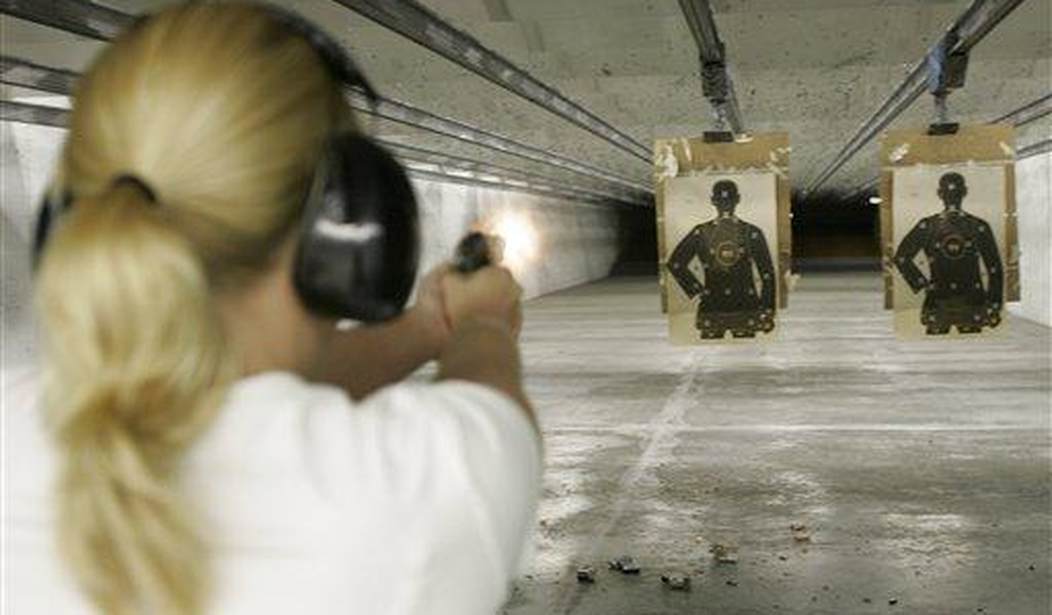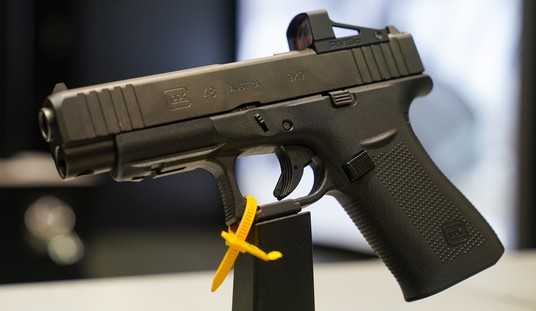Back in August of 2021, we covered a case out of Hawaii dealing with their unconstitutional permitting laws. Yukutake v. Connors was argued before the U.S. District Court for the District of Hawaii, and the court found for the plaintiffs. In that decision, the court found that Hawaii’s laws on pistol purchase permits expiring ten days after issuance and requiring citizens to have their firearms inspected by the police after procurement were unconstitutional. Hawaii, like many of the other strongholds of progressive anti-liberty leaders, who act like petulant children, naturally appealed this decision. The likes of Hawaii, California, New Jersey, etc. need to learn when to take a big “L”; and let well enough alone. The arguments in the appeal were heard by a three-judge panel in the 9th Circuit on February 14th, 2023.
The case is now known as Yukutake v. Lopez (formerly Yukutake v. Shikada), and arguing on behalf of the state was First Deputy Solicitor General Nakatsuji. Nakatsuji tried really hard to make the state’s case. He did. But sorry, Mr. Nakatsuji, you lost your credibility when you could not answer a simple question about the NICS system. A dialogue between Nakatsuji and Judge Daniel Paul Collins showed how ill-prepared the state was on this appeal [emphasis added]:
Collins: With the 10 day permit provision, what purposes does the permit serve apart from background checks? I assume background check is part of the permitting process. What other purposes are served by the permit other than the background check?
Nakatsuji: Well, Your Honor, the permit ensures that the person is in compliance with Hawaii law. So they pass a background check. You gave them this basic information about the person and…
Collins: The other two backgrounds, if they buy from an FFL, do they go through two? They go through one in the permit process? And then they take the permit to the FFL. And go through another one at the point of sale?
Nakatsuji: I am not entirely sure, Your Honor. But I believe the way it works is the in buying the gun the the permit is I believe the person goes to the firearms dealer, and then I think the firearms dealer checks with the local officials. And I think the local officials do the actual background check. I don’t know the details for sure, your Honor. But it happens during that process.
The state is in trouble if their star warrior, their Koa, if you will, does not even know the process Hawaiians must go through to purchase a firearm. All he’s able to argue is that the process is constitutional in his opinion, he thinks, and believes – for sure. Which it’s not.
Since the creation of the NICS system, the entire matter of permitting to purchase any firearms has become obsolete and moot. To argue otherwise is to advocate for setting up the law-abiding citizen for roadblocks and obstructing them from exercising a right. Nakatsuji argues that they just need that process because.
Other fun moments included why the permits are only good for ten days because an individual could become a disqualified person from the time they are given their permit and go and purchase their firearm. To which the proper remedy to the state’s issue with potentially disqualified persons buying a firearm falls on them, and their own failures to report to the NICS system. Sounds like the officials of the Aloha State need to step up their game if they’re worried about this. They shouldn’t put the burden on the law-abiding, just as it’s the state’s burden to prove their law is analogous to something from the time of our founding.
Concerning the requirement to have firearms inspected by the police, Nakatsuji argued that it’s an important part of the process to make sure that an individual’s purchases are in accordance with Hawaii’s law. The state flippantly made this statement as if gun stores and FFLs are known to be selling firearms that do not comport with the law. The State’s analog had to do with militia members being required to have their firearms inspected to insure they were proper. Very different things.
Representing the plaintiffs were the all-star duo of Alan Beck and Stephen Stamboulieh. Beck and Stamboulieh have seen to the overturn of many unconstitutional laws and partner up as a nearly unstoppable pair. Beck delivered arguments in support of Todd Yukutake and David Kikukawa.
Beck is a ferocious courtroom litigator and understands Second Amendment law like none other. In his retort to the state’s weak arguments, he dominated when questioned on the subject of permitting and background checks.
“What I’m suggesting is that we look and see if a modern day revelation has a comparable burden to something that 1791 achieved the same purpose. And, instantaneous background checks is what we’re dealing with right now. And said entertainers background check this course loaded to you right now…what’s the burden of going into a gun store, filling out your 4473? And having an instantaneous background check? I think that’s something that during the colonial era, you know, I don’t think anyone would have said, “you know, a very short 20 minute delay is a thing that’s really burdening my ability to pick up a firearm.” Here, this is much distinguishable because we have the system that is hindering your ability to actually acquire a firearm.” – Alan Beck
The entire hearing lasted about 40 minutes. The state, like many entities across the nation that also object to liberty, leaned on footnote #9 of NYSRPA v. Bruen. These defenders of unconstitutional law that invoke this footnote probably need to re-read it. The footnote in part reads [emphasis added]:
To be clear, nothing in our analysis should be interpreted to suggest the unconstitutionality of the 43 States’ “shall-issue” licensing regimes, under which “a general desire for self-defense is sufficient to obtain a [permit].” Drake v. Filko, 724 F. 3d 426, 442 (CA3 2013) (Hardiman, J., dissenting). Because these licensing regimes do not require applicants to show an atypical need for armed self-defense, they do not necessarily prevent “law-abiding, responsible citizens” from exercising their Second Amendment right to public carry. District of Columbia v. Heller, 554 U. S. 570, 635 (2008).
Everything about footnote #9 and the NYSRPA v. Bruen decision had to do with the carry of firearms. Yes, NYSRPA did give the lower courts a very important roadmap to follow in how to handle such cases, and it’s clear that those still safeguarding their controlling laws did not learn how to read that map.
For Hawaii or any other jurisdiction to keep bringing up this footnote when it comes to the purchase, procurement, and simple possession of firearms, they’re patently wrong. Buying a firearm is not the same as carrying one.
In reality, the permitting process for carry is also moot – which is another topic – as individuals are statutorily qualified to bear an arm if they qualify to buy one under the NICS system. Outside of jurisdictions that require training, if one can buy, one can carry. In short, a simple safety certificate and receipt showing that an individual purchased their firearm from an FFL are all that should be needed for an individual to carry a firearm – if we’re going to require anything at all.
This is common sense. And it’s good common sense. To try to bend footnote #9 to mean something other than that states who have some safety requirements for carry permitting are presumed to be acting in a constitutional manner actually puts all permitting schemes in peril.
Beck is an artful lawyer, and he and Stamboulieh have been wrecking machines to unconstitutional provisions in the law. When the state of Hawaii, or any state for that matter, sees these two coming for them, they’d be best off conceding defeat and saving themselves some money.
We don’t know how the three judges of the 9th will view all this, but we can be assured someone’s going to be asking for a full en banc or appeal after there’s an opinion. If push comes to shove and it ends up being the state asking the high court to take a look-see, that’s pretty brazen considering what they said in NYSRPA. The judges that just heard the arguments really do seem to get it, though…how many background checks do people really need for the purchase of one firearm?
If you’d like to catch a rewind of the arguments, click HERE or check them out below in the embed:








Join the conversation as a VIP Member